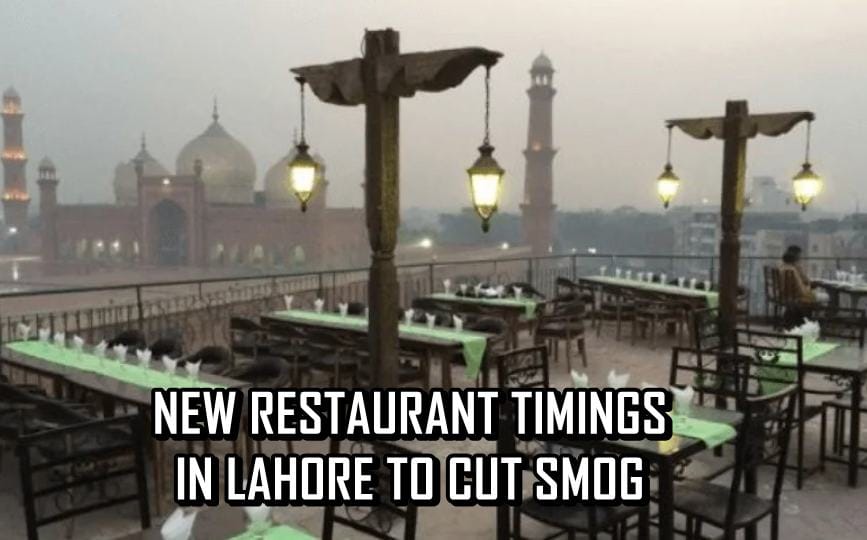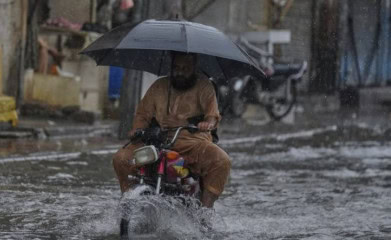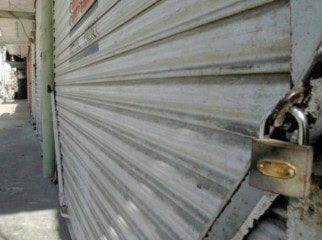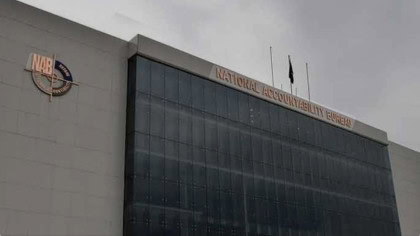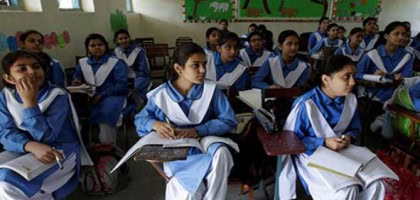LAHORE – Lahore, the city of 14.8 million, continues to face smog each year, and is once again grappling with deteriorating air quality. Amid the alarming situation, Lahore High Court ordered all restaurants in the metropolis to close by midnight, aiming to reduce pollution levels.
The court stressed urgency of addressing climate-related challenges and warned that violations of new restaurant timings will lead to legal action amid broader efforts to combat environmental degradation in region.
In move to combat worsening air quality in Punjab, Lahore High Court (LHC) mandated closure of all restaurants in city by 12:00 am. The order, issued by Justice Shahid Karim, aims to curb rising threat of smog in province.
During hearing on petitions concerning environmental pollution and climate-related challenges, Justice Karim of LHC warned that any violation of the restaurant closure directive would invite legal action, terming climate change is a critical issue and cannot be overlooked.
The court noted that Yellow Line transit project is under the supervision of an independent consultant, ensuring compliance with environmental standards, and strictly prohibited cutting of trees along canal without explicit approval from court, reinforcing its stance on environmental preservation.
Lahore Smog Crisis
Every year, Lahore finds itself engulfed in toxic haze, marking return of annual smog crisis that suffocates the city between November and January. With air quality levels plummeting to hazardous levels, millions of residents are gasping for breath in what has become a grim seasonal tradition.
For weeks, Lahore ranked among most polluted cities in the world, with AQI readings soaring well above alarming range in some areas, far exceeding safe limits set by WHO. Schools have been forced to shut down intermittently, hospitals report a surge in respiratory cases, and outdoor activities have come to a halt.
Those familiar with pattern raised fingers at cars emissions, industrial pollutants, crop-burning in neighboring regions, and other factors as key contributors to crisis. Despite years of warnings, successive governments have failed to implement sustainable long-term solutions.
Officials said every year we talk about this, and every year it gets worse. Citizens are also forced to wear face masks, air purifiers, and social media to demand accountability.
Many argue that Lahore is paying the price for unchecked urbanization, poor planning, and regional incoordination. Farmers in Punjab and across the border in India often resort to burning crop stubble during this period, creating transboundary air pollution that blankets large parts of the subcontinent.

